
Lung Cancer
Latest News
Latest Videos

CME Content
More News

Zirconium-89–labeled BMS-986279 demonstrated tumor uptake in fuc-GM1–positive lesions in patients with ES-SCLC.

The NCCN has added taletrectinib to its recommendations for use in all lines of treatments for non–small cell lung cancer harboring ROS1 mutations.
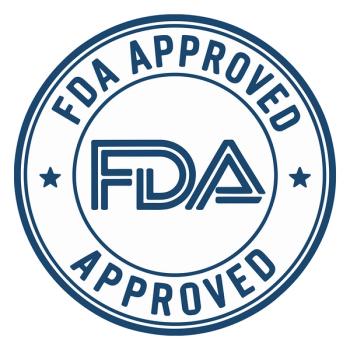
Dato-DXd was granted accelerated approval for use in adults with EGFR-mutated NSCLC after EGFR-targeted therapy and platinum-based chemotherapy.
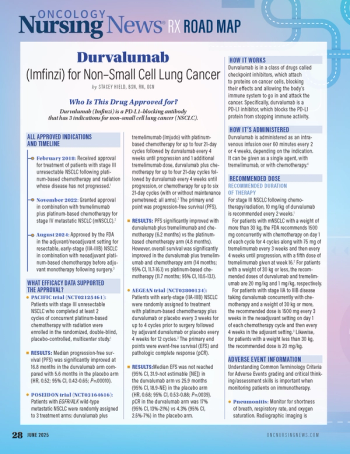
Read Stacey Hield, BSN, RN, OCN's recommendations for the best use of durvalumab in non–small cell lung cancer.

Oncology nurses can play a key role in educating patients and supporting clinical trial participation for this new treatment option.

Nivolumab plus chemotherapy significantly improved OS vs chemo alone in resectable NSCLC, per updated CheckMate-816 findings.

The tyrosine kinase inhibitor taletrectinib has been approved for use in patients with ROS1-positive non-small cell lung cancer.

A molecular assay identified patients with non–small cell lung cancer most likely to benefit from adjuvant chemotherapy, leading to prolonged survival.

Tarlatamab prolonged both overall and progression-free survival in the treatment of small cell lung cancer, backing it as a second-line standard of care.

COCOON skin care led to fewer or milder dermatologic symptoms with amivantamab/lazertinib vs standard care in patients with EGFR+ advanced NSCLC.

The oral TKI sevabertinib has been granted priority review for use in patients harboring HER2 mutations in non-small cell lung cancer.

The VENTANA MET (SP44) RxDx Assay is now FDA approved to identify patients with NSCLC eligible for telisotuzumab vedotin.

First-line maintenance therapy with lurbinectedin plus atezolizumab has the potential to become a new standard of care in extensive-stage small cell lung cancer.

The agent is currently being evaluated as both monotherapy and in combination with atezolizumab in patients with extensive stage SCLC in an ongoing, global phase 1 trial.

The combo showed safety and efficacy in patients with c-MET protein overexpression who progressed on prior osimertinib.

Telisotuzumab vedotin-tllv has earned accelerated approval for use in patients with non-squamous non-small cell lung cancer with high c-Met overexpression.
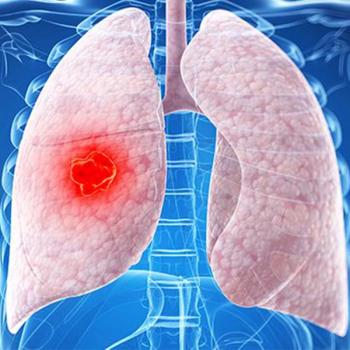
Early-phase LUPER trial results suggest the lurbinectedin/pembrolizumab combination may benefit patients with relapsed small cell lung cancer.

Adagrasib shows early signs of activity and tolerability in patients with STK11/KRAS G12C–mutated non–small cell lung cancer.
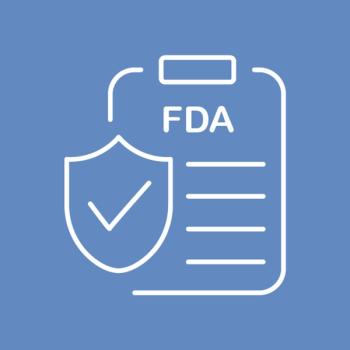
Approvals in oncology during April included treatments for breast cancer, colorectal cancer, and more.

The FDA approved larotrectinib for use in adult and pediatric patients with NTRK fusion-positive solid tumors with few other options.
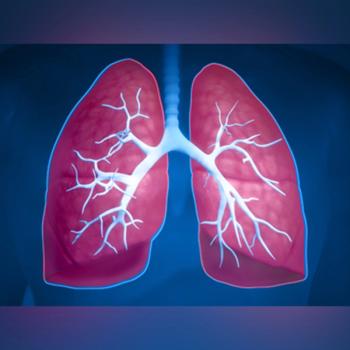
The combination of amivantamab and Lazertinib improved long-term survival over osimertinib in patients with EGFR-mutated non-small cell lung cancer.

Per phase 2 trial data, enhanced dermatologic management showed a reduction in dermatologic AEs in patients with advanced EGFR-mutated NSCLC.

Osimertinib monotherapy and combination treatment had safety profiles consistent with previous data on use of the drug in EGFR-mutated NSCLC.

A phase 2 trial found that pembrolizumab plus pemetrexed met its objective response rate primary end point.

Similar to financial toxicity, time toxicity can have a profound impact on a patient’s quality of life.























































































